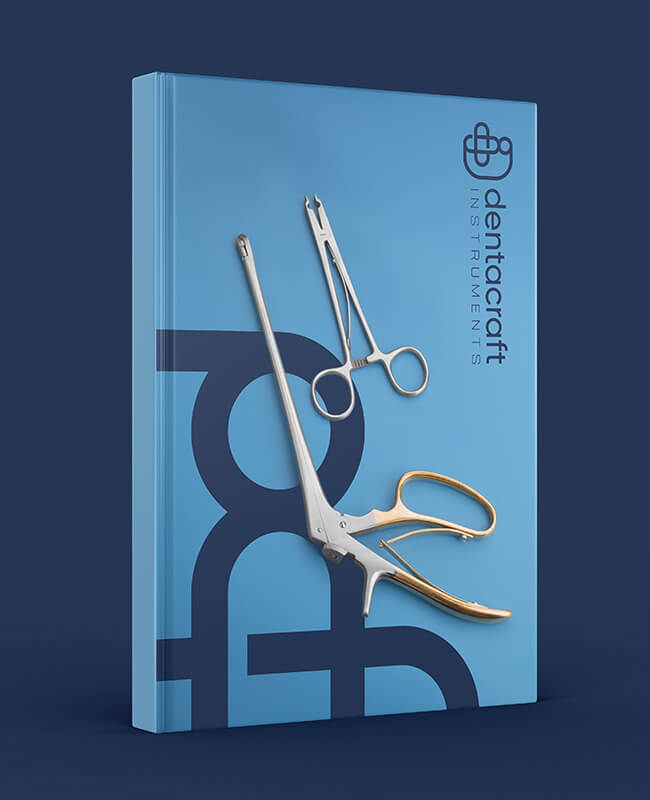Personal Info
Selecting the right medical instruments is an important decision for any healthcare professional. High-quality, reliable tools help you give better care to your patients and make your work easier. But with so many options available, how do you know what’s best for your practice? Here’s a simple guide to help you make the right choice.
1. Understand Your Needs
Before buying any instrument, think about what you need. Different practices, like surgery, dentistry, or general medicine, require different tools.
- Make a list of the procedures you perform regularly.
- Identify the specific instruments needed for those procedures.
- Consider the size and type of instruments based on your practice.
For example, a dental clinic will need precision tools like scalers, while a surgical center will require strong and durable instruments.
2. Check the Quality of Materials
Medical instruments should be made of high-quality materials to ensure they last long and perform well. Stainless steel is a popular choice for its strength and resistance to rust.
- Look for instruments made from surgical-grade stainless steel.
- Check if they meet international quality standards like ISO, CE, or FDA.
- Avoid cheaper materials, as they may break or wear out quickly.
3. Ensure Comfort and Usability
Comfort is key when using medical instruments, especially for long procedures. Tools that are easy to handle can improve your precision and reduce fatigue.
- Choose instruments with an ergonomic design.
- Test the grip and weight before purchasing.
- Look for smooth finishes to avoid discomfort during use.
4. Choose a Trusted Manufacturer
The brand or manufacturer matters when it comes to medical instruments. A trusted name guarantees quality and reliability.
- Research the manufacturer’s history and reviews.
- Check if they follow strict manufacturing standards.
- Ensure they provide warranties or after-sales support.
At Dentacraft Instruments, for example, we have over 30 years of experience in crafting precise and durable tools trusted worldwide.
5. Consider Maintenance and Durability
Medical tools are an investment, so they should last a long time with proper care. Choose instruments that are easy to clean and maintain.
- Look for instruments that can withstand sterilization.
- Check for rust-proof and corrosion-resistant materials.
- Choose tools with simple designs for easier cleaning.
6. Stick to Your Budget
While quality should always come first, it’s also important to stay within your budget. Many manufacturers offer high-quality instruments at reasonable prices.
- Compare prices from different manufacturers.
- Avoid extremely cheap options that may compromise quality.
- Invest in tools that offer long-term value for your money.
Conclusion
Choosing the right medical instruments is about balancing quality, comfort, and cost. By understanding your needs, checking materials, and buying from trusted manufacturers, you can ensure you have tools that make your practice efficient and professional.
Need help finding the perfect instruments for your practice? Explore Dentacraft Instruments for a wide range of high-quality tools trusted by healthcare professionals worldwide.
